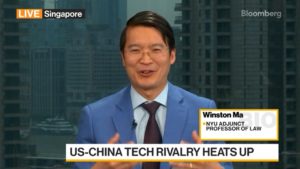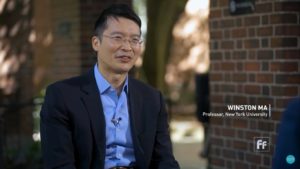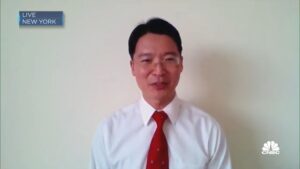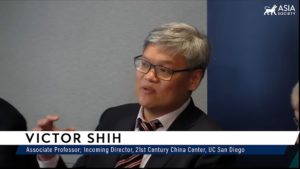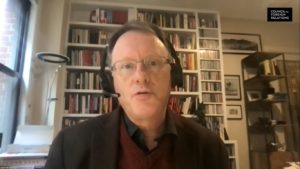
On January 19, the Hurun Research Institute released the ‘2025 Hurun China Top 50 Artificial Intelligence Enterprises’ report, showing a firm rise for the country’s AI companies, including Cambricon Technologies, Moore Threads, and Muxi. Rupert Hoogewerf, Chairman and Chief Research Officer of Hurun Report, points at the US export controls as the main reason for the change, according to Futubill.
Futubill:
Rupert Hoogewerf, Chairman and Chief Research Officer of Hurun Report, said: ‘The number of AI chip companies on the list has significantly increased this year, with 14 companies making the list, nine more than last year. The top three companies on the list are all related to AI chips. The core reason is the continuous tightening of U.S. export controls on high-end AI chips, which has forced domestic acceleration of computing power autonomy. In the past two months, we have witnessed the consecutive IPOs of Moore Threads, Muxi, Biren Technology, and Tianshu Zhixin. Eighteen new companies have been added to the list, accounting for more than one-third of the total. Ten of these companies are AI chip-related, represented by the four Shanghai GPU dragons.’
The newly listed companies fall into two categories: One category includes companies whose valuations have grown to meet the listing threshold, such as Step Stars, established in April 2023, which owns the Step series of general large model matrixes and recently raised hundreds of millions of dollars in its Series B financing round. The other category consists of companies that have transformed from ‘non-AI companies’ to ‘AI companies,’ such as Xinyuan Co., Ltd., ranked in the top ten of the list. In the first three quarters of 2025, GPU, NPU, and VPU, which belong to AI chips, accounted for 70% of the company’s core IP business revenue. In terms of chip design, revenues related to AI computing power accounted for about 73% of the company’s design business income in the first three quarters.
Rupert Hoogewerf is a speaker at the China Speakers Bureau. Do you need him at your meeting or conference? Do get in touch or fill in our speakers’ request form.
Are you looking for more financial experts at the China Speakers Bureau? Do check out this list.

